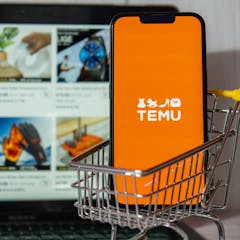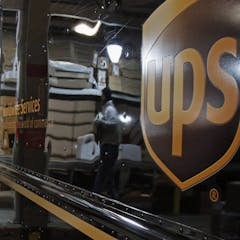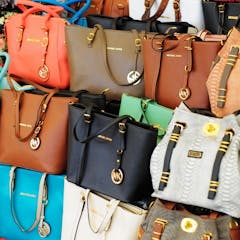
Articles on Consumer behaviour
Displaying 1 - 20 of 82 articles

In a competitive market, careful planning and research will increase the chance of you buying a property you want and can afford.

When boomers pick out an article of clothing for the elderly, they consider not only the practical aspects like comfort and ease of care, but also how the item will make them feel.

With inflation finally starting to stabilize in Canada, a new type of consumer has emerged, marked by value consciousness, digital savviness and a preference for experiences over material goods.

The free ecoSwitch app takes the guesswork out of sustainable food choices, empowering consumers to take matters into their own hands.

Despite our best intentions, most of us rarely read the fine print and simply agree to terms and conditions while ignoring the consequences.

Understanding the traits of different customer groups can help shoppers and businesses serve their communities more ethically and effectively, especially in times of crisis.

Once a cornerstone for many food retailers, brand loyalty is eroding as consumers prioritize cost savings over long-term brand relationships.

While Temu employs common sales promotion tactics seen on other e-commerce platforms, it uses what is arguably the broadest range of these techniques.

We are easy prey for drip pricing, the practice of incrementally disclosing unavoidable additional fees, squeezing our wallets and feeling unfair.

New research shows that Americans may have absorbed public messaging about the importance of recycling too well.

Returns cost companies billions of dollars in lost sales. They also generate emissions and packaging waste. Two logistics experts offer some tips from psychology for more sustainable returns.

Audiences love improvised, off-the-cuff entertainment, and new research suggests it’s because spontaneity seems to offer a glimpse of the performer’s authentic self.

Retail stores change the prices of their products based on the shopping habits of consumers. But consumers come in a variety of types, and not all of them influence prices equally.

Scrolling TikTok or Instagram causes mental fatigue, which can lead people to purchase items based on how many ‘likes’ an ad has instead of how much value the product will bring them.

The perspective that U.S. retailers are somehow more prone to failure than Canadian retail chains is unconvincing, but the Canadian retail landscape is challenging for newcomers.

The global trade of counterfeit and pirated products costs countries like Canada billions a year. Governments and industries must come together to protect Canadians.

Companies seen as big polluters suffer little in terms of reputation and sales when they are found making misleading claims about protecting the environment.

Subsidies are often a policy go-to for governments wanting to encourage more climate-friendly behaviours. But they should be used with caution.

The rich history of UK consumer culture has been captured in the composition of the ‘basket of goods’ used to measure inflation.

The sneaky strategy of reducing pack sizes shows the strength of consumers’ cognitive bias towards focusing on price, no matter what.
